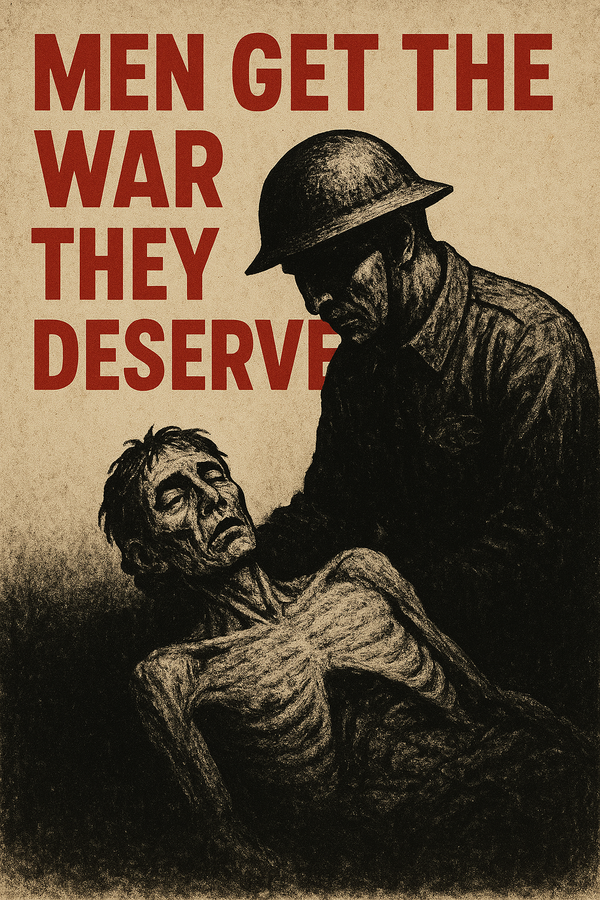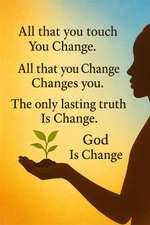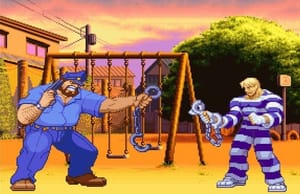This piece of Jesse Wells, inspired by several books of Jean-Paul Sartre, challenges the glorification of war, exposing it as a carefully constructed lie designed to mask despair and social decay.
It explores how those with the least power and the most to lose are the ones sent to fight and die, while the rich and powerful orchestrate conflict from a safe distance.
Through reflections on fear, manipulation, and humanity’s willingness to surrender its agency, it argues that war isn’t a heroic endeavor but the tragic outcome of a society that has abandoned meaning and hope.
The heroism of war is a lie
It's not the bravest who fight but those who have no other choice
It's not the noble who die but those who are the least equipped to avoid death
The glory of war is a mask put on to cover the despair of a people without hope
War is the manifestation of a society that's lost its meaning
Every life is disposable for a national or political ideal
When the rich wage war it is the poor that die
The sacrifice is always made by those who have the least to gain
War is sold to the public as a necessary evil
The powerful and the rich painted as a moral crusade but the crusaders are the poor and the disenfranchised
This war will be a war of fear
It has been purposed thusly
People let it in slowly like a kind of ecstasy
They believe in it like they believe in chiromancy and fortunetelling
They believe in it like they believe in anything that releases them from the forging of their own destiny
Men love their fear
It reconciles them with themselves
Men get the war they deserve
—
Jesse Wells, inspired by several books of Jean-Paul Sartre
- Situations I (1947):
A collection of Sartre’s critical essays on literature, philosophy, and politics. It explores the role of writers in society and defends existentialism against its critics, establishing the foundation for Sartre’s concept of "engaged literature." - The Devil and the Good Lord (1951):
A philosophical play set during the German Peasants' War, it follows Goetz, a warlord struggling between cruelty and compassion. The work dramatizes existential freedom and the moral choices that define human character. - Troubled Sleep (1949) (La Mort dans l’Âme):
The third volume of Sartre’s Roads to Freedom trilogy, depicting the existential crisis of French intellectuals during World War II. It follows characters confronting defeat and despair during the Nazi invasion of France.









